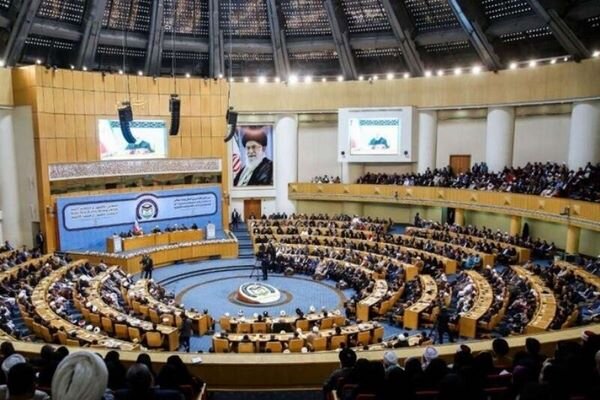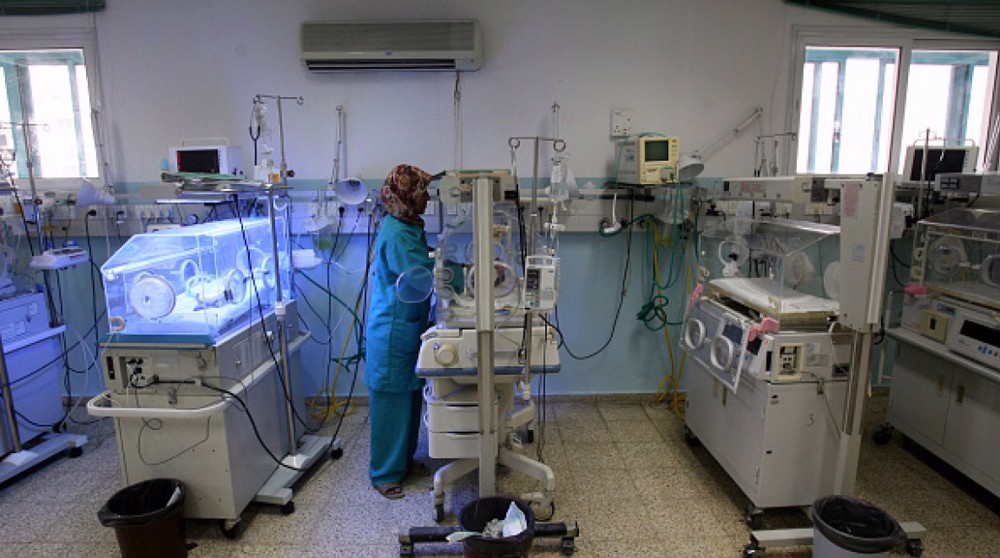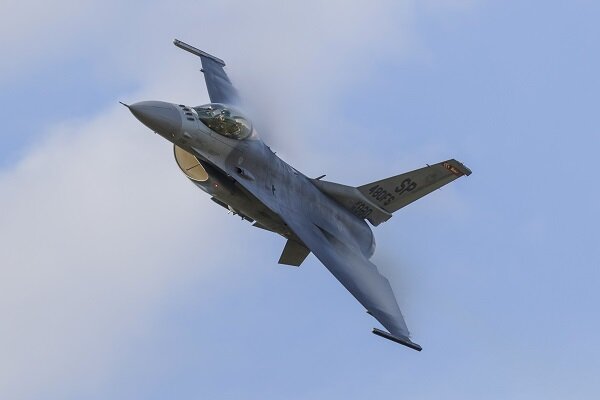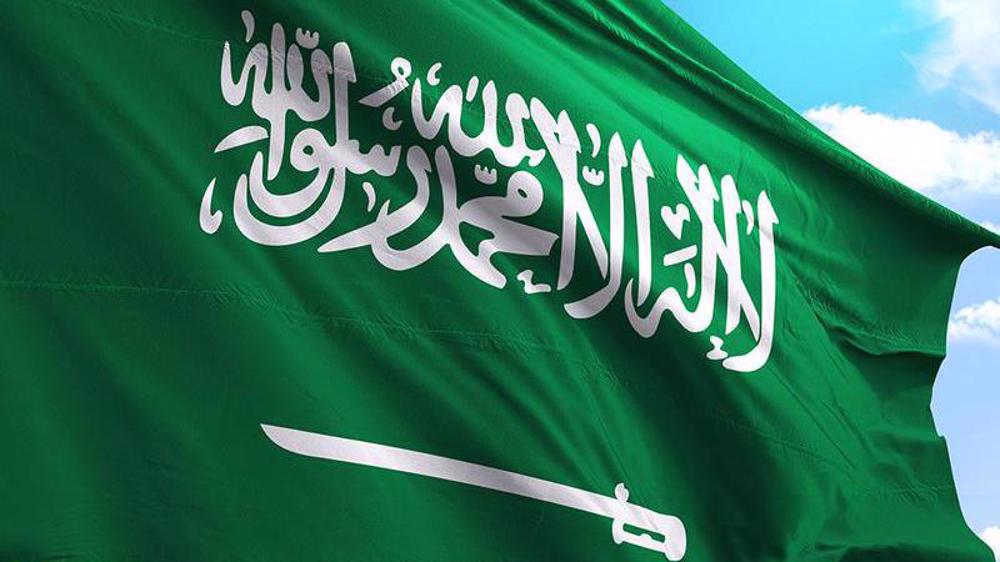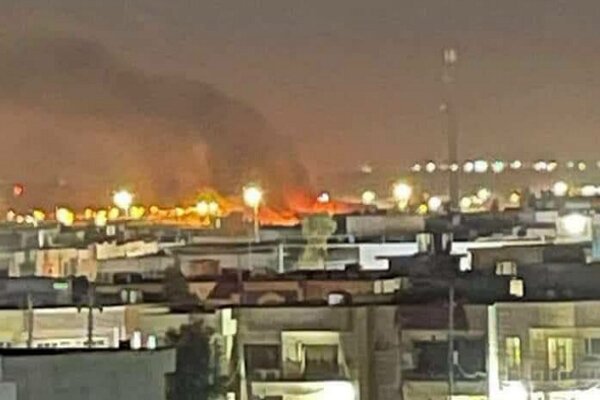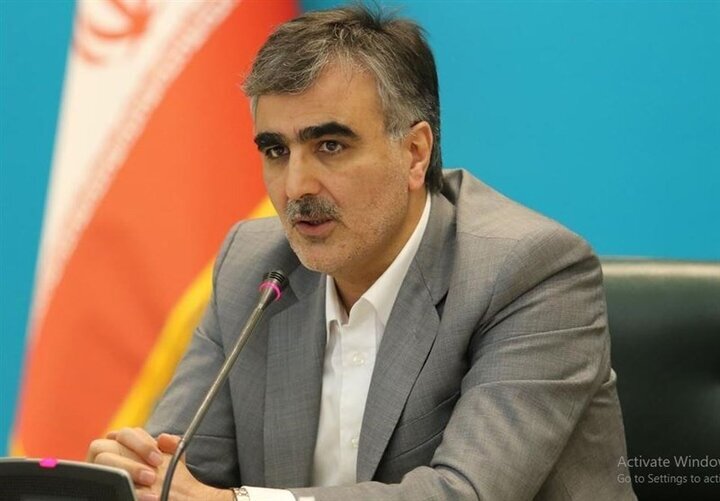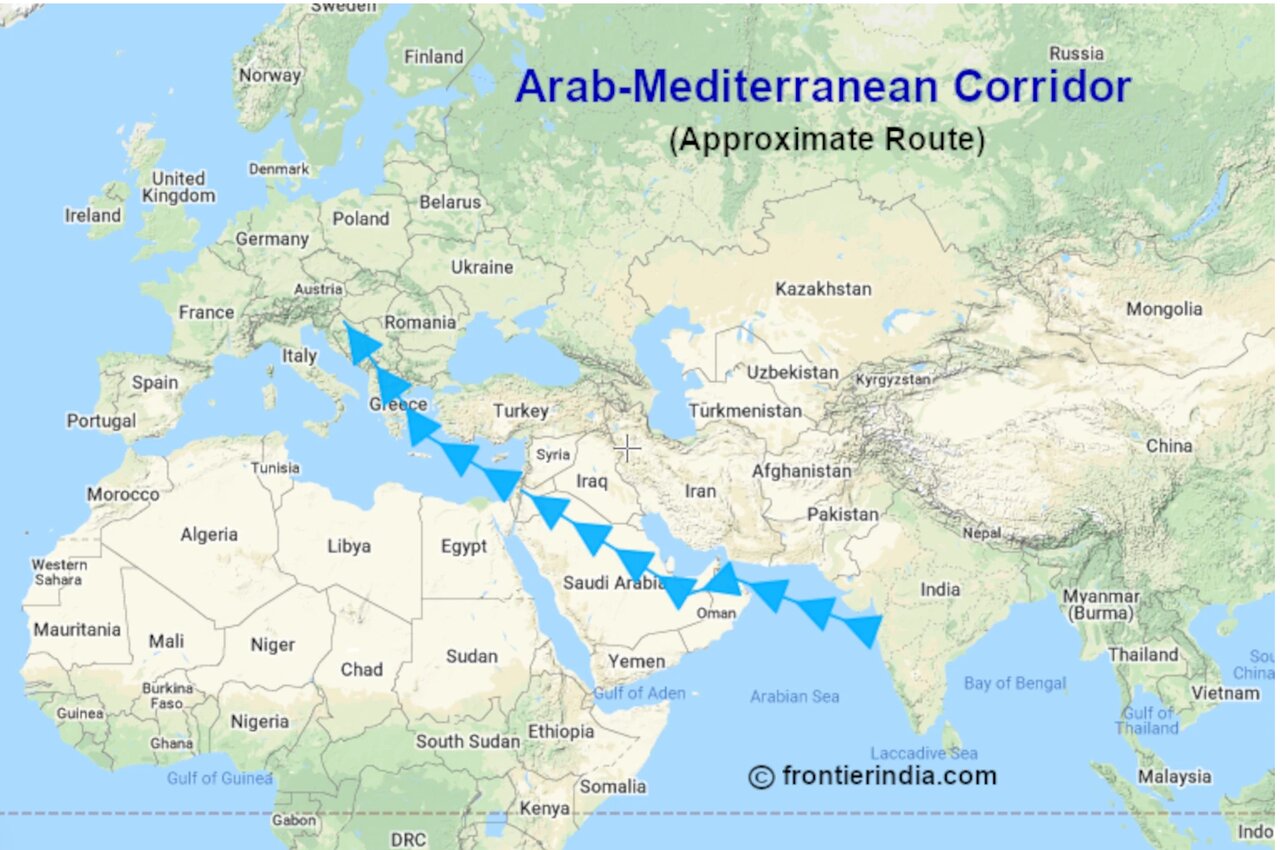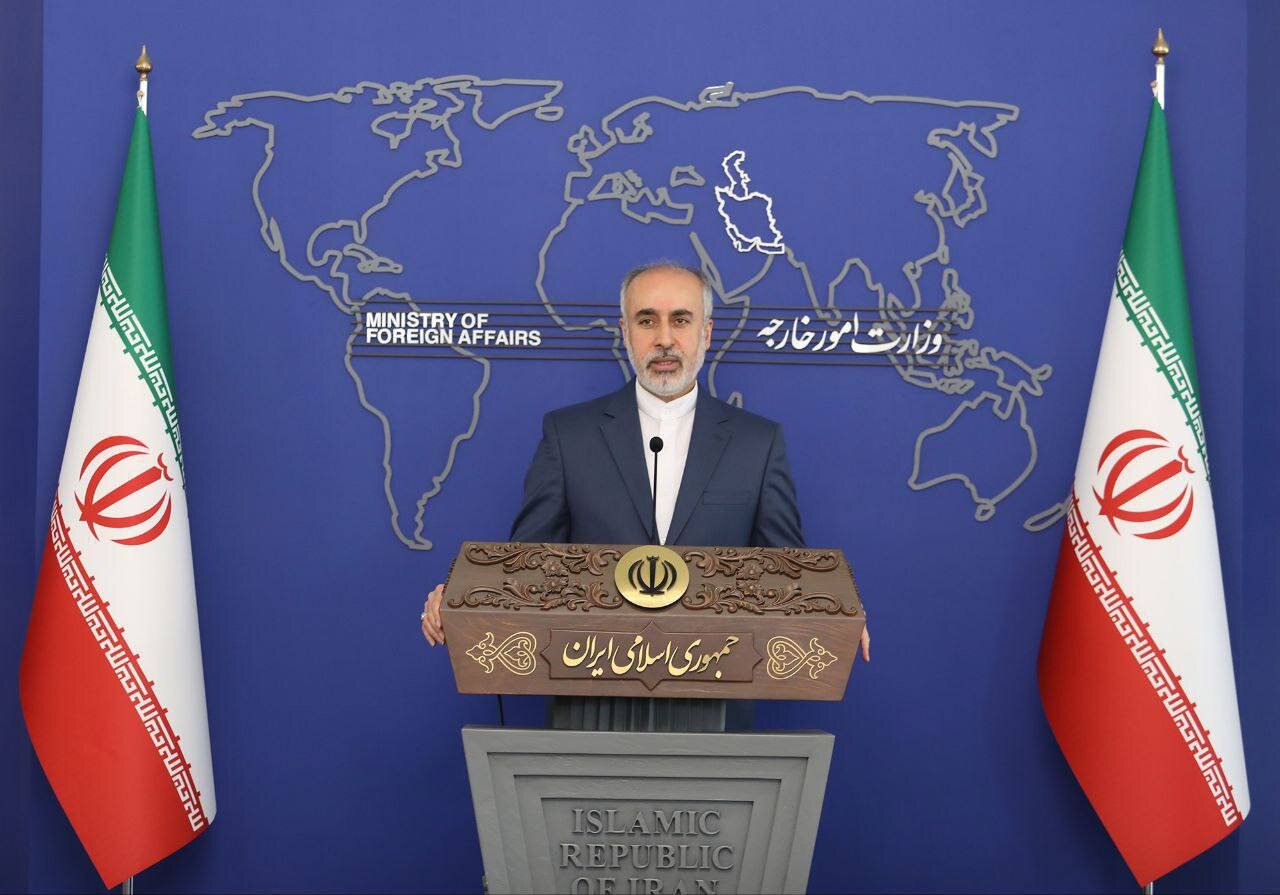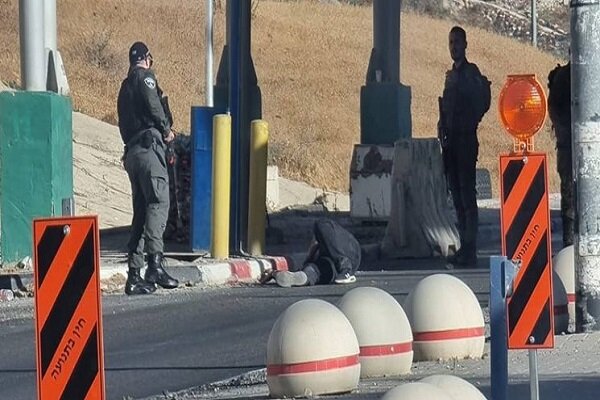Nasser Kan’ani made the announcement during his press conference on Monday.
The process of implementing the agreement regarding the unblocking of Iran’s assets in South Korea and the issue of prisoner exchange has progressed at an acceptable speed, Kan’ani said.
The exchange of prisoners will be done today, he said, adding that five Iranian prisoners will be released from American prisons.
Two of the citizens will enter Iran based on their request and interest, and one of them will be transferred to a third country due to the presence of his family there, he added.
Kan’ani also noted that five citizens imprisoned in Iran will also be freed.
On Iran-Iraq security agreement
Referring to the Tehran-Baghdad security agreement on the disarmament of armed groups on the Iraqi-Iranian border in the Kurdistan region of Iraq, he said that tomorrow is the deadline for the implementation of the Iran-Iraq security agreement.
The Iraqi government has seriously announced that it adheres to the implementation of the agreement and will fulfill its obligations in this regard, he noted.
He also expressed hope that based on the commitment of the Iraqi government and the emphasis made in the bilateral meetings, the Iraqi government will complete this process on time.
On Tehran-IAEA ties
Iran and IAEA will continue their cooperation positively based on Iran’s membership in the agency and the comprehensive Safeguards Agreement, Kan’ani said.
“We do not set any limits for cooperation and constructive interaction with the agency based on the Safeguard Agreement, and we will continue this cooperation by emphasizing the neutrality of the agency,” he said.
EU decision to keep sanctions has no legal value
Reacting to E3’s decision to keep anti-Iran sanctions that are due to expire next month under the Joint Comprehensive Plan of Action (JCPOA), he said, “The restrictions announced by the European Union have no legal and international value, and Iran interacts with friendly countries based on international laws within the framework of its interests.”
“After October 18, the restrictions stipulated under the JCPOA will be automatically lifted. We do not value the restrictions announced by the European Union,” the Iranian diplomat said.
“From the mentioned date, these restrictions will be removed automatically, and based on international law, Iran can cooperate and interact with any country that is interested,” he stressed.
Iran true defender of human rights
Reacting to the recent claims of the Special Rapporteur on the situation of human rights in the Islamic Republic of Iran, he said, “Iran considers a special and high position for human rights.”
He added that Iran is one of the true defenders of human rights and at the same time, it never tolerates the political use of human rights.
The American government and the European governments should know that the view of the Iranian nation regarding the anti-human rights history of these countries will not change.
Tehran-Baku talks hearth-warming, positive
Referring to the telephone conversation between Iranian Foreign Affairs Minister Hossein Amir-Abdollahian and his Azerbaijani counterpart and the process of reopening the Embassy of the Republic of Azerbaijan in Tehran, he said, “The process of judicial, security, and economic negotiations between the two countries are in the hearth-warming, positive, and forward path.”
He also expressed hope to witness the resumption of the activities of the Embassy of the Republic of Azerbaijan in Tehran through these talks.
RHM/FNA14020627000249
